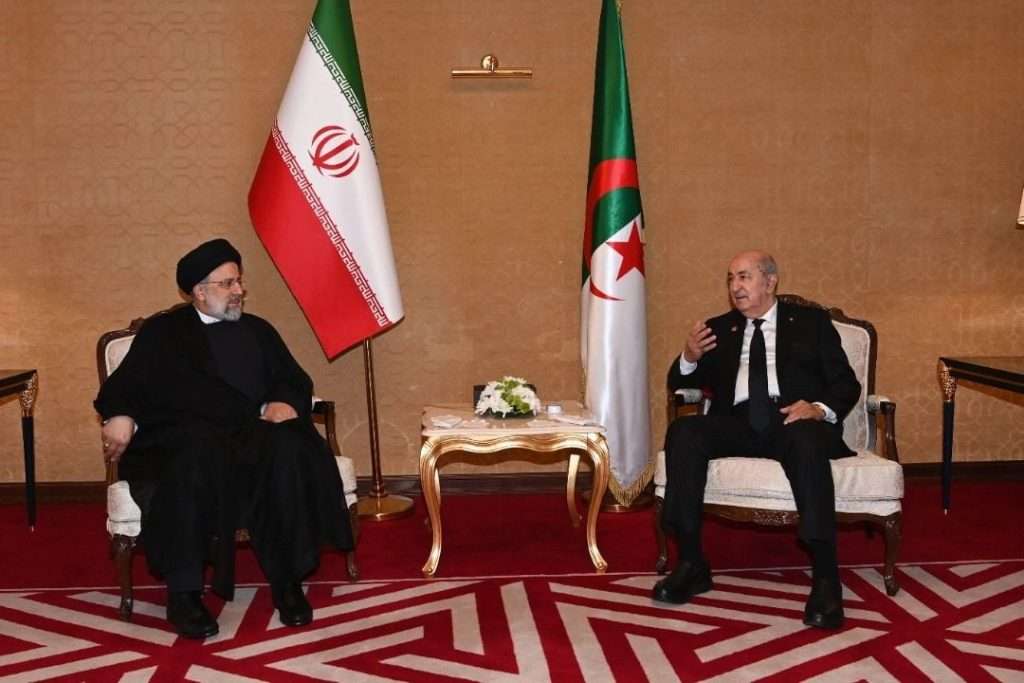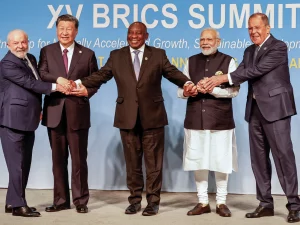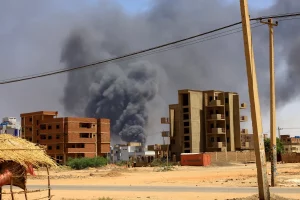Algeria’s new agreements with Iran isolates Algiers from West

New agreements with Iran have driven another wedge between Algeria and the West, according to Xinhua.
The agreements signed by Tehran and Algiers on 3rd March, have agitated North America as the US imposed sanctions on Iran for its support of armed Shia groups and its nuclear program. Since 2019, the US has threatened to thrust sanctions upon any country that receives oil imports from Iran.
Despite Algeria’s move away from Russia in sourcing arms from Italy and its concern over Russian and Turkish military presence in Mali, Algeria has maintained warm relations with Moscow and has recently deepened cooperation with China through investments and additional arms supplies.
READ: Algeria now turns to China to boost trade, help BRICS bid
Algeria’s president, Abdelmadjid Tebboune and Iran’s president, Ebrahim Raisi cemented their countries’ relations by signing various agreements detailing tourism, trade, start-ups, media and communications, and most notably energy.
Reuters reported that the two leaders also discussed the situation in Gaza and their shared alliance with the Palestinian cause. Algeria has called several times for an immediate ceasefire.
Algeria recently proclaimed its desire to become Europe’s primary energy supplier at the 7th Summit for the Gas Exporting Countries Forum (GECF), marketing itself as an alternative to Russia as many European states are determined to cut ties with Putin’s government after the invasion of Ukraine in February 2022.
Relations between Algeria and Iran appear to be stronger than ever as the two countries share numerous policies. Such views include Algeria’s support for the Syrian regime of President Bashar al-Assad and the absence of normalisation with Israel, as well as Iran’s relentless support of the Polisario Front, a separatist organisation who desire the independence of Western Sahara from Moroccan occupation.
However, Algeria and the vice president of the US seem to share similar concerns for an immediate ceasefire in Gaza. Although the US ambassador was the sole objector to an immediate ceasefire on 20th February during a UN Security Council meeting, US Vice President Kamal Harris advocated for immediate action “for at least six weeks”.
US President Joe Biden recently avoided a direct conflict with Iran after a militant drone killed three US soldiers and injured more than 40 American troops who were near a secret US base in Syria.
Xinhua/Reuters











